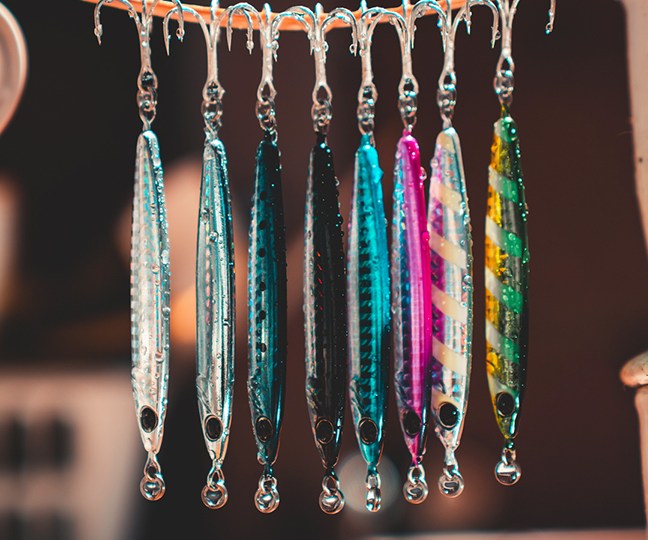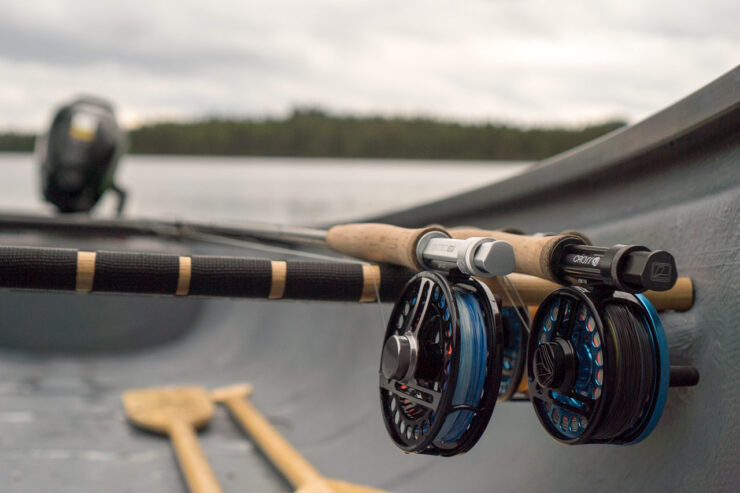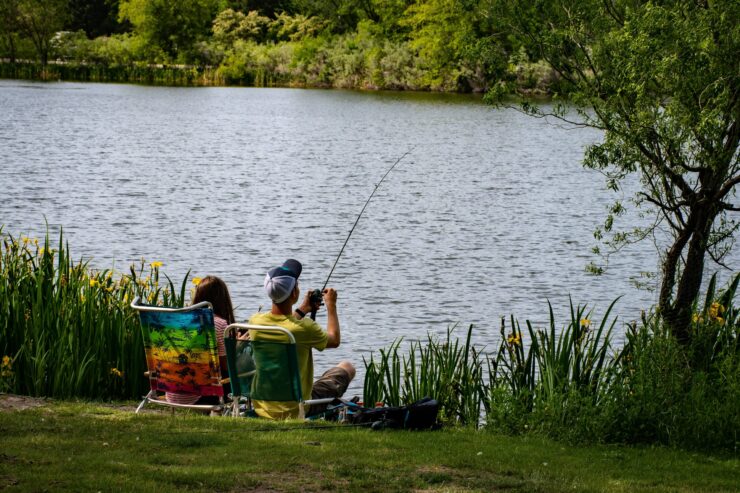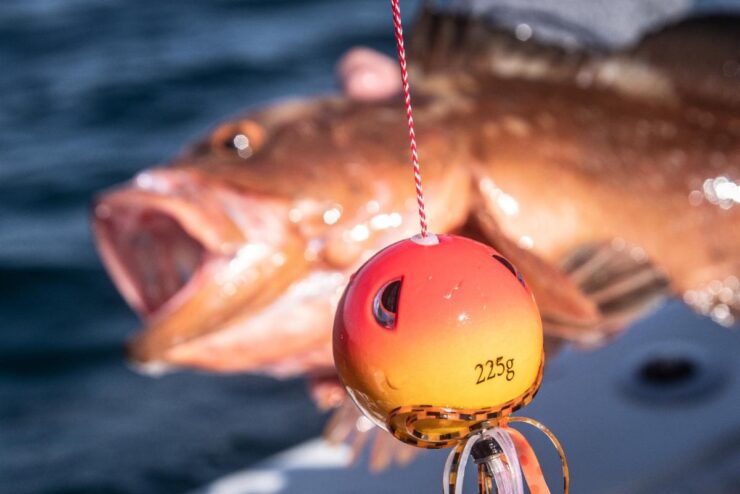Men and women are not from the same planet. Fishing is the proof you need for that claim. How many ladies are infatuated with fishing you now? Very few if any. How about men? They love it. Many of us do. There’s a whole science hiding behind fishing. That’s the norm. When it comes to this activity, which is a favorite hobby for many men out there, there are so many unanswered questions. One of those is tied to jigs and saltwater.
Have you ever wondered what jigs are good for saltwater? Many of us have. It’s a good question. One worth answering. Saltwater and freshwater are quite different when it comes to fishing. So, it’s no wonder that they require different equipment. Saltwater Jig heads for saltwater, which you can find here, are quite different from any other type. This is what makes them so interesting to talk about. If you’re a beginner you’ll find what we have to say quite interesting. What we have below are five tips for beginners tied to saltwater jigs. If this is your sphere of knowledge to be made, stick around, and hear us out.
Best Saltwater Jigs

There are a few types of jigs available for everyone. You can choose them by some personal preferences, but there are some general rules when it comes to saltwater fishing. We’re going to walk you through those that we believe are best adaptable for saltwater. The first option would be the round-head jigs. What makes them so great is their ability to sink fast. This is great and it makes the jig easily movable in the direction that the angler sets.
Secondly, we would go with a jig called the bucktail. This one is quite versatile. Shapes and sizes differ greatly. Due to this, it is great if you want your prey to be diversified. Many fishermen love to experiment with this one as you never know what you’re going to get. Just like Forrest Gump and a box of chocolates. The third option would be the so-called live or holographic jig. This one looks like a live bat and thus the name. Fish are attracted to it as they see it as prey before they become one.
The fourth place is reserved for a football-shaped jig. This one is quite amazing and during this time of playoffs. The name comes from the fact that it has the family shape of a football. The last but not least, and we won’t go further than five options, is the flipping jig. This one is hard to use, but once you’re a seasoned pro you’ll have a favorite in this one. Now that you know which jigs are the best, it’s time that we share a few tips with you. As a beginner, we’re sure that you’ll find these useful.
5 Tips For Beginners
Becoming a fisherman is never easy. It is an activity that requires both your time and passion. So, to get a better grasp of it, and especially tied to jigs fishing, you’ll need a few tips. That’s what we’ll share in the next few paragraphs. Let’s start with the first one.
1. Gear Up

We told you what types of jigs are the best. Now that you know that you must never go fishing unprepared. There is a ton of equipment a fisherman needs. Yes, it can be seen as a hobby, but results matter too. So, before you go on a fishing trip ensure that you have the right gear with you. Never go unprepared. This is an activity that requires passion and preparation. Do not even try it without these two.
2. Know Your Place

The first time you’re going on a fishing trip make sure you have experienced partners. You need to know what to do, and someone needs to tell you that. Also, it is important to know the place where you’ll cast your jig. If you’re a stranger to the fishing location you can lose your jig in no time. That’s why it is important to know the places where you hunt fish and that you have experienced fishermen nearby.
3. Plan Everything

Planning is half of the adventure. The only action you need to have is fishing. So, ensure that you have enough supplies. Food and water are essential. Do not count on making dinner out of what you hunt. Each day is different; you might miss a real fish. So, plan for what you can’t predict. Having a successful day out on the sea can’t be predicted. So, have food and water prepared and enjoy your fishing trip. There’s no shame in planning your lack of success. It is foolish to believe that everything will go your way.
4. Start Light

Inexperienced fishermen need to respect the sea. When you’re a beginner you need to focus on smaller prey. What this means is that you need to cast smaller jigs into the sea. Do not head straight for bigger fish. Leave that for experienced folks. When you’re young in this domain you must know your place. Start small, aim big. That’s the formula. Fishing is better when you have the experience. But, it takes time till you gather it. The ocean is vast, and the big fish isn’t going anywhere. It will wait for you. Don’t ruin your experience by being an impatient rookie.
5. Rely on Technology

We already suggested that you should go out on the sea with a more experienced fisherman. If you do this we believe that they will do the right things and have a fine equipped boat. What this means is that they’ll have access to sounding equipment such as sonar. If you rely on this sort of tech it will be easier to spot fish, especially one that’s mingling under your boat. When you know what type of beasts you have at your disposal it is easier to start hunting them. This is the best approach when you’re young in the world of big fish. As we said, listen to our advice, and start small. The big sea will wait for you with open arms. But being unprepared is not wise.

